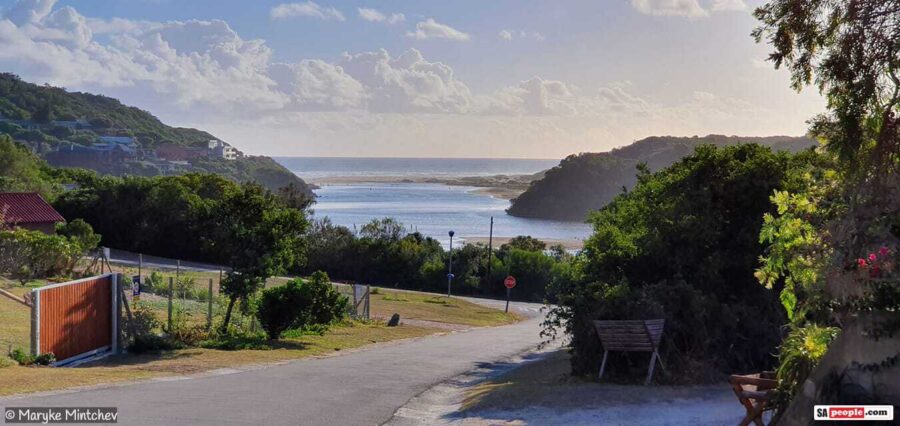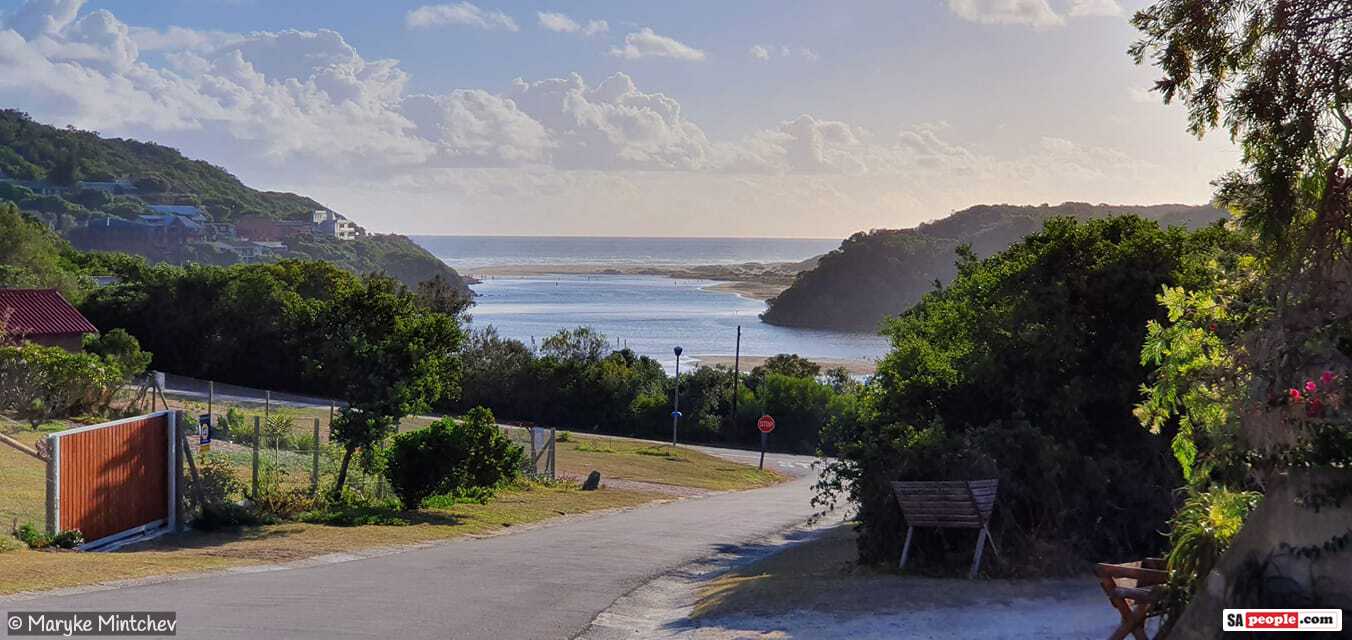
Garden Route Suffers Devastating Cancellations, Says Survey
Holiday accommodation spots on the Garden Route have suffered devastating cancellations, especially in Knysna and Sedgefield, according to a survey. One third of owners say they have lost 50% of their bookings for the festive season. Some have lost over 80% of their revenue. According to the survey, run by online accommodation booking system provider, […]

Holiday accommodation spots on the Garden Route have suffered devastating cancellations, especially in Knysna and Sedgefield, according to a survey. One third of owners say they have lost 50% of their bookings for the festive season. Some have lost over 80% of their revenue.
According to the survey, run by online accommodation booking system provider, NightsBridge, the losses (over 20,000 cancellations) were already seen in the two weeks before the level 1 amendments (including beach bans) were announced by President Cyril Ramaphosa this week… but further cancellations have come in since the announcement.
The survey was conducted after the President’s address to the nation. NightsBridge MD Theresa Emerick says most small accommodation owners had pinned their hopes of survival on their bookings for the season, but “these hopes were dashed with the announcement Monday evening that all beaches in the Garden Route would be closed till January.”
Around 166 guesthouses participated in the survey, with 86% reporting 746 cancellations between them since Monday evening’s news. Devastatingly, 11 Garden Route accommodation owners reported an 80 to 100% loss of revenue for December and January.
About 169 bookings have been postponed to early next year, April 2021 or even as far out as December 2021. “While that means accommodation owners might be able to hang on to
some of the deposits they already received, it immediately reduces their future income
opportunities,” adds Emerick.
According to Emerick, cancellations started trickling in two weeks ago, when news of a
COVID-19 resurgence made headlines and hotspots, including the Garden Route, were identified across the country.
“About 20,000 bookings meant to arrive in December and January were cancelled in the two weeks prior to Monday’s notice. In the Western Cape, 12.7% of the arrivals on the NightsBridge system have been cancelled.”
Knysna and Sedgefield area appears to have been the hardest hit in terms of revenue lost with over R1.16 million in online bookings cancelled. Mossel Bay and surrounds (R643,795), Plettenberg Bay (R767,165) and Wilderness (R643,795) are the next worst affected, with a total of R3,927,219 online booking value cancelled in the past week. The survey reveals that the highest number of bookings lost by region are Knysna
and Sedgefield (183), followed by Wilderness (155).
Among the reasons cited for these Garden Route cancellations are:
- The hotspot declaration – traveller felt unsafe to travel
- Fears of contracting COVID-19
- Beach closures
- The potential Matric exam paper rewrite
- COVID-19 in a family group
- Plett Rage was cancelled
- Flights cancelled or new curfews made flight times impossible
- New lockdown in European countries
Emerick says: “The tourism and hospitality sector has been among the hardest-hit as a result of COVID-19 lockdowns. Despite this, we have worked hard to put in place stringent and internationally approved health and hygiene protocols to keep our staff and guests safe.
“For those travellers who have opted to continue with their travels this summer, we ask that you travel safely and comply consistently and in full with the Travel Safe Eat Safe protocols that have been put in place to de-risk our sector, so that we can keep our doors open, get back on our feet and save the hundreds of thousands of livelihoods that are dependent on our industry’s survival,” concludes.
